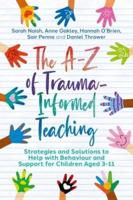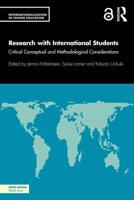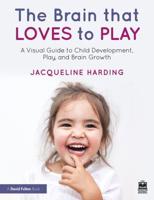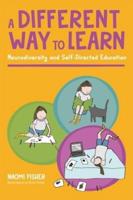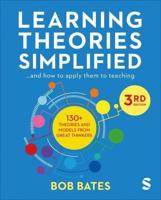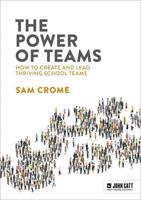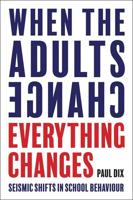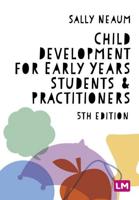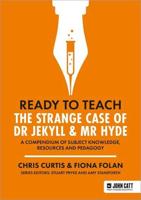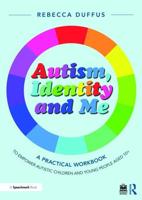Publisher's Synopsis
Engaging in mathematical investigations yourself will help you be a better mathematics teacher!
National, state, and local curriculum requirements and recommendations increasingly emphasize active student involvement in exploratory investigations. Teachers now face new demands when they field unexpected student discoveries, determine when some open-ended activity has played out its usefulness or is just on the verge of paying off in a major way, and judge which student-initiated directions are likely to lead to development of important mathematical ideas and which are dead ends. These pedagogical judgments depend heavily on deep mathematical knowledge.
Ways to Think About Mathematics uses immersion experiences in algebra, geometry, and statistics to help mathematics teachers improve their knowledge and understanding of mathematical concepts. By experiencing open-ended problems, making and checking conjectures, and evaluating problem solving strategies, every math teacher can become better prepared to deal with day-to-day classroom decisions.
Funded by the National Science Foundation and successfully field-tested in a wide variety of professional development and preservice settings, the materials in this book integrate mathematical thinking, effective teaching practices, and explicit connections to exemplary curricula. Because it is aligned with the principles and standards of the National Council of Teachers of Mathematics but is not fixed to any single curriculum, the materials in this book can be aligned with any state or district standards.
Emphasizing all components of mathematical investigation, this accessible volume focuses on:
- Mathematical ways of thinking
- Discovering connections between mathematical ideas
- Posing and analyzing problems
- Making, modifying, testing, and proving conjectures
- Linking higher level mathematics to the content of grade 6-12 classrooms
Ways to Think About Mathematics gives teachers the opportunity to grow as learners and teachers of mathematics by including problems for teachers to explore as well as selected "Problems for the Classroom" for the classes they teach.

